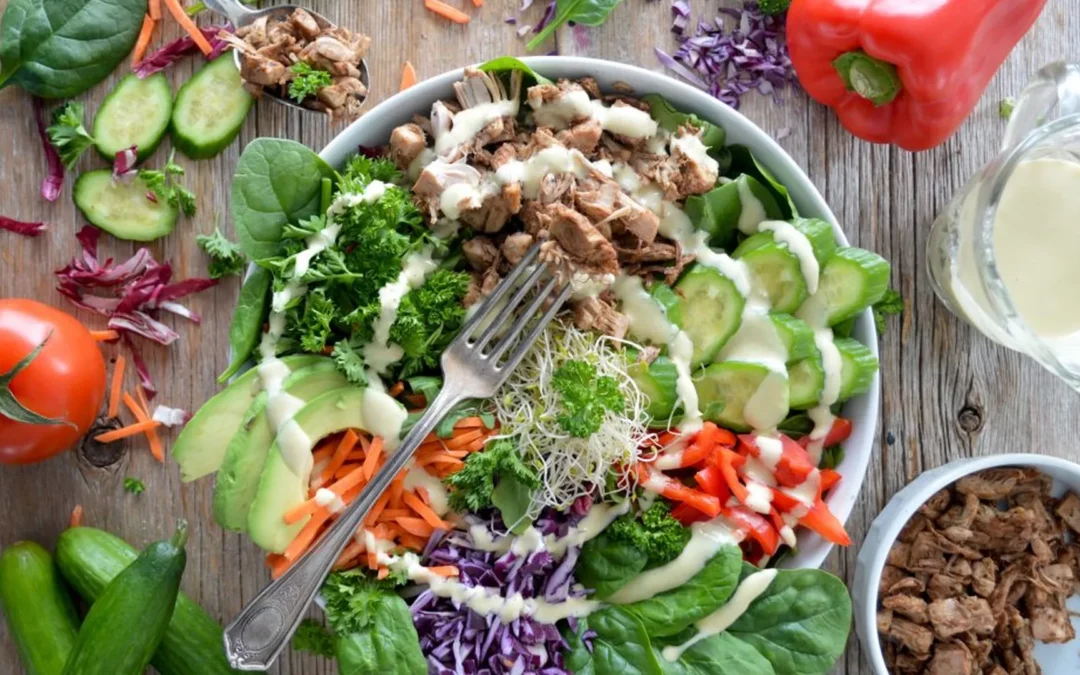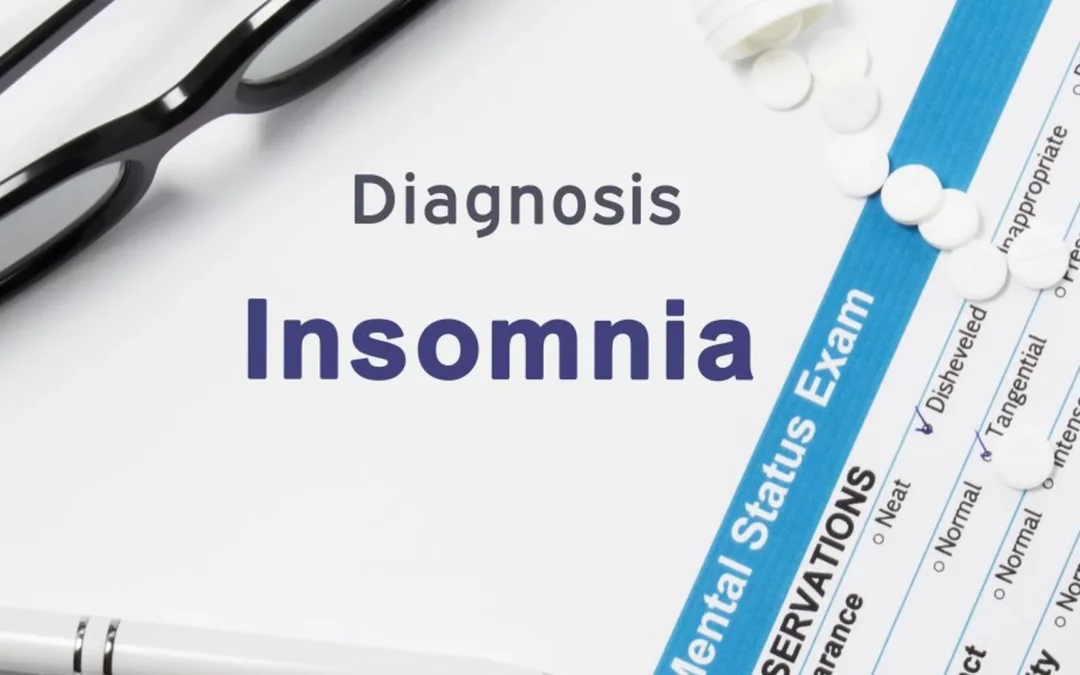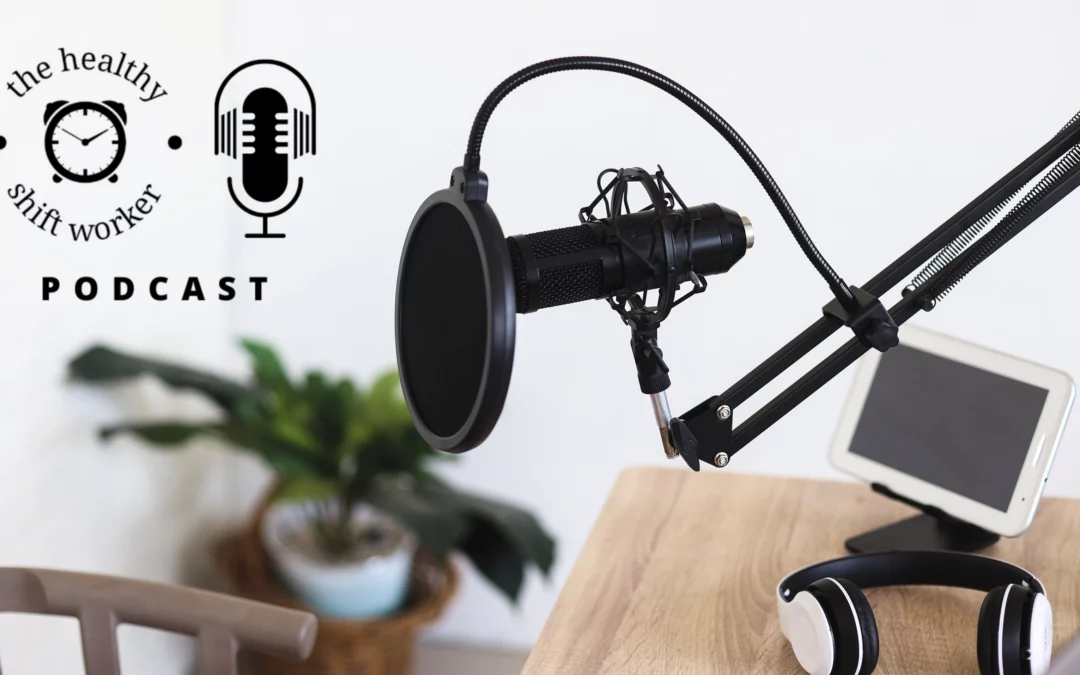
by Audra Starkey | Oct 20, 2019 | Immunity, Nutrition, Sleep
We should eat more fruits and vegetables! We’ve heard it all before, but why are they specifically good for shift workers, or why are they a shift worker’s best friend? Well before I get into the nuts and bolts of it I think it’s important to...

by Audra Starkey | Dec 8, 2017 | Nutrition, Sleep
“Pathological testing? Is it really necessary if I experience insomnia?” This is a question that I often get asked by my patients who are having trouble falling asleep and/or experiencing ongoing, intermittent awakenings. However pathological testing, in...

by Audra Starkey | Jun 14, 2017 | HSW, Podcast
Healthy Shift Worker Podcast Episode: As shift workers, we certainly understand how working irregular hours causes havoc on our sleep, but something most of us don’t even think about, is how our home environment may be disrupting our sleep. In this episode I chat with...



